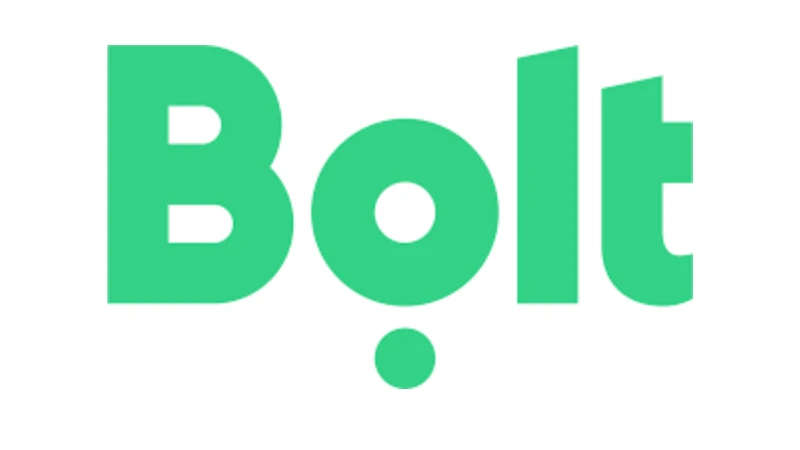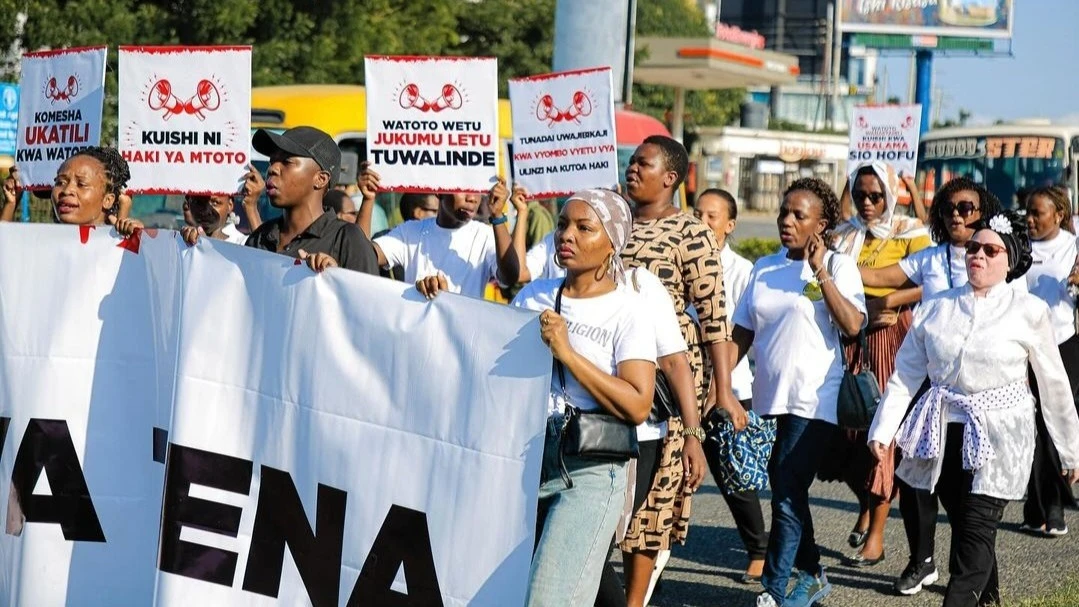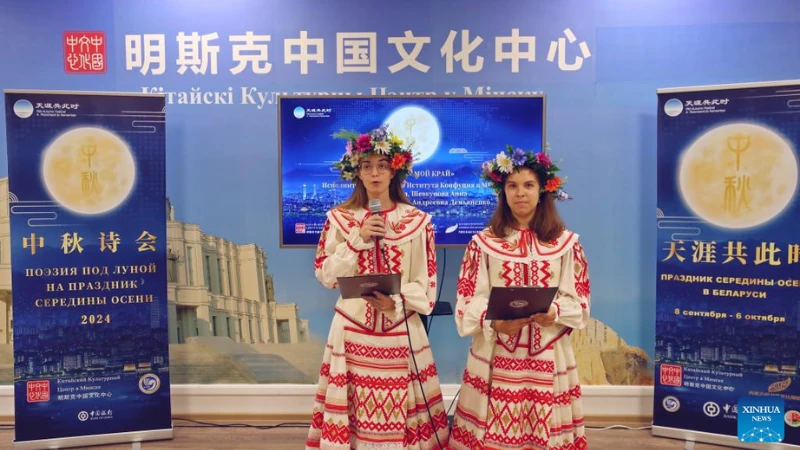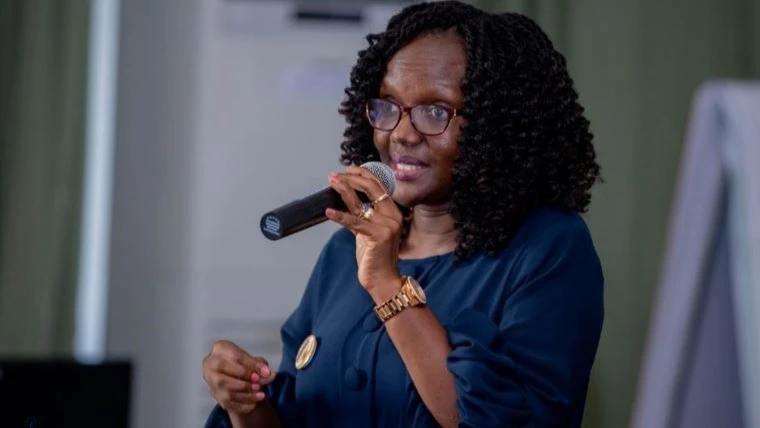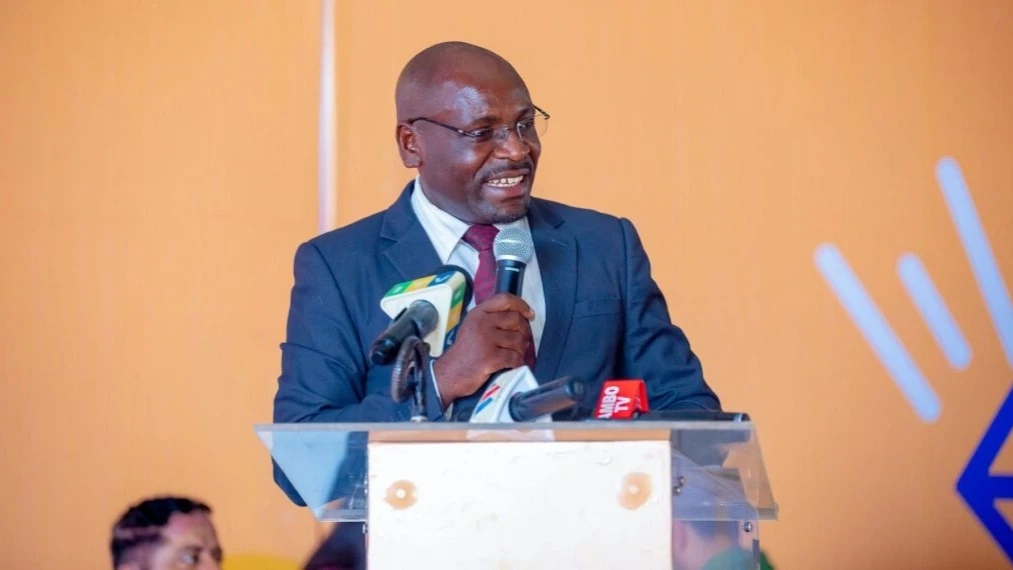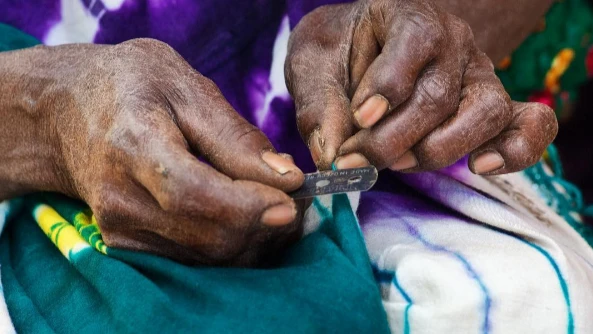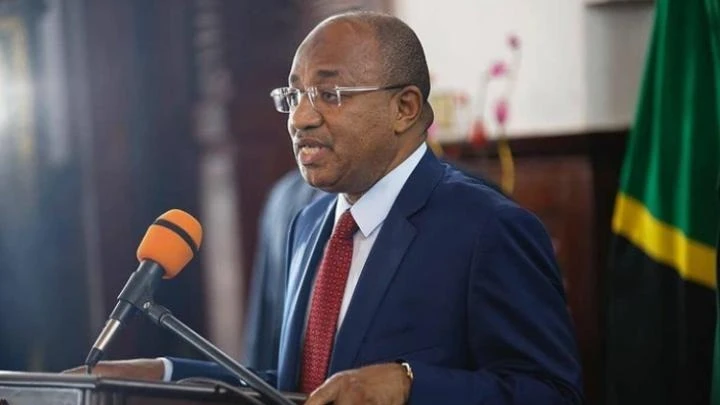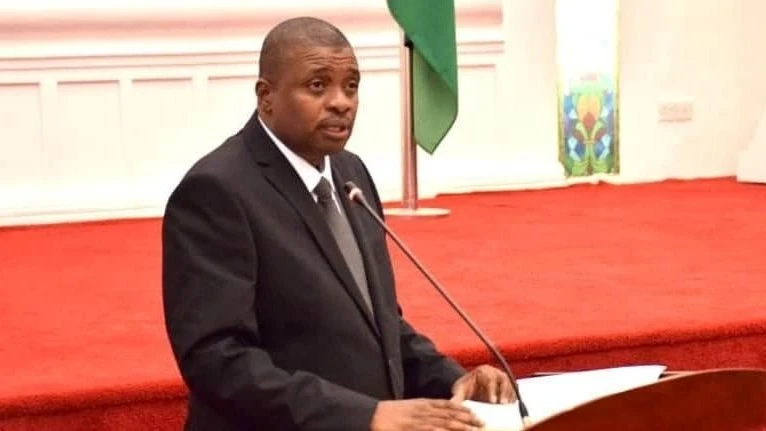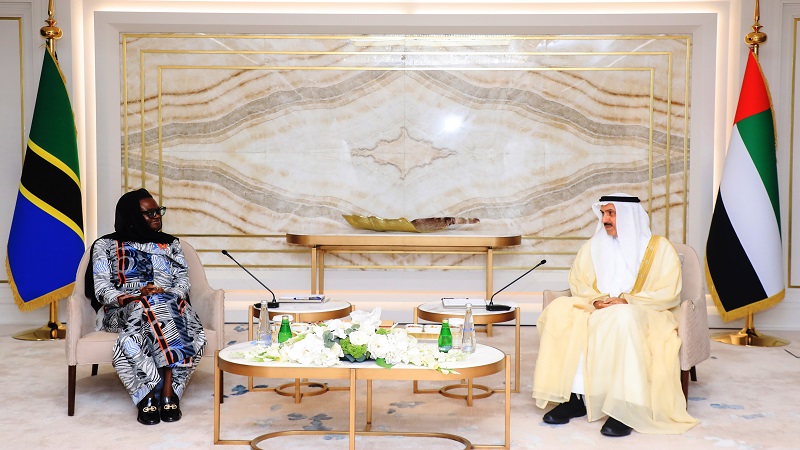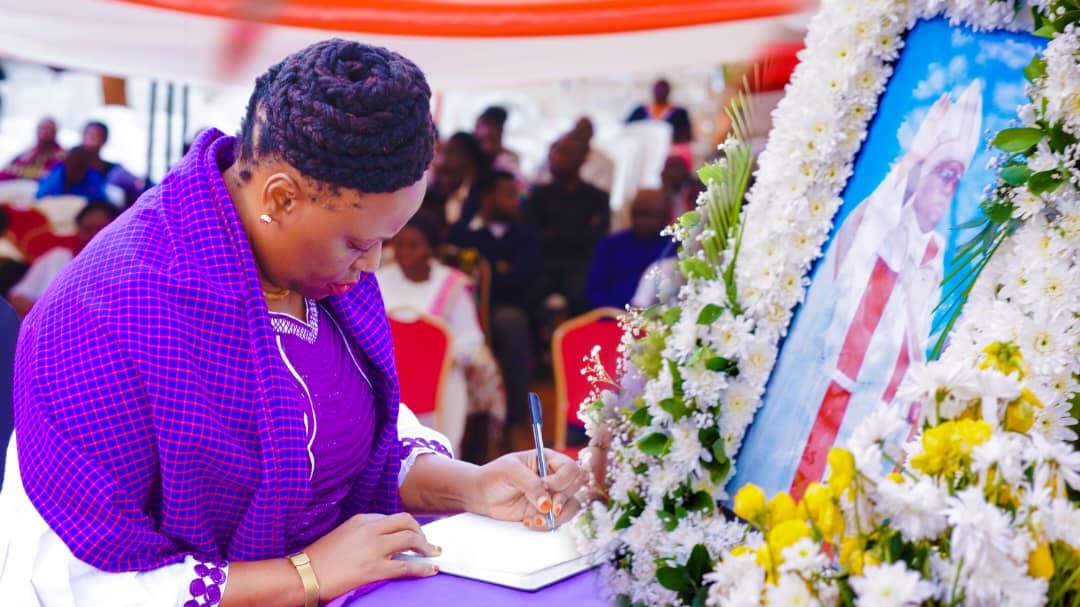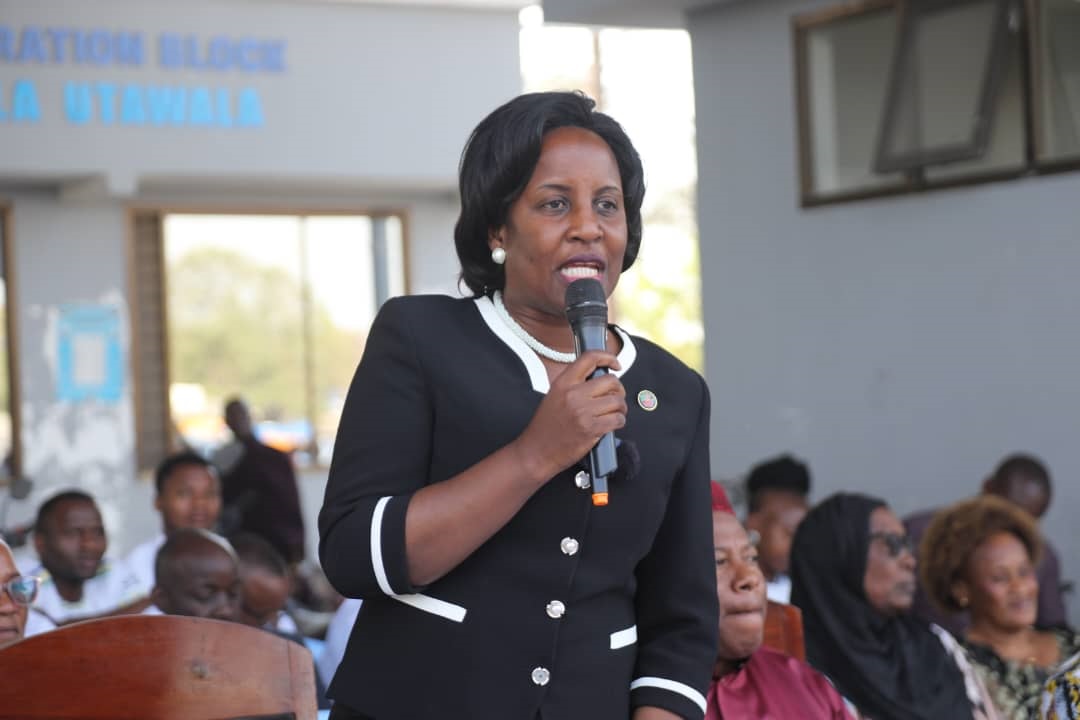CSOs push for ‘front seat‘ in EAC integration process
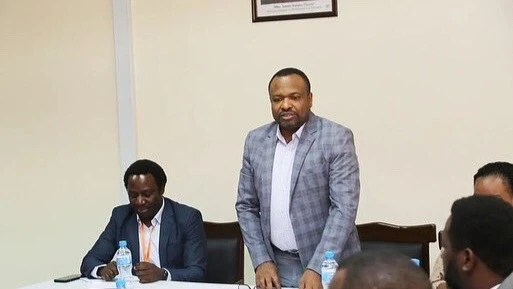
TANZANIAN Civil Society Organizations (CSOs) are working to champion greater engagement among civil societies in the East African Community (EAC) integration process.
Adamson Nsimba, executive director of the Tanzania Association of Non-Governmental Organizations (TANGO) expressed this intention here at the conclusion of the CSOs Week here at the weekend, where an auxiliary forum was convened to address the role of NGOs in integration efforts.
The forum focused on enhancing national and regional policy and legislative frameworks to integrate Tanzanian CSOs into the EAC's evolving networking and decision making structures.
He said the high attendance at the meeting highlighted rising public interest in EAC matters and the regional integration process as a whole, also given Tanzania's unique position in hosting EAC headquarters.
TANGO is committed to ensuring that Tanzanian civil society voices are heard and considered, setting a standard for our regional peers, he said, pointing at the need for transparency, consultation and respect for public opinion are crucial for legitimacy of the integration process.
TANGO expects to work closely with the relevant ministries to address issues raised by the CSO community, he asserted, while Generose Minani, the principal gender and community development and stakeholder engagement officer at the EAC secretariat, underlined the importance of national dialogues.
She applauded Tanzanian CSOs for initiating regional discussions on the issue, affirming that these dialogues are pivotal for defining citizen roles in regional integration, to ensure that the process is truly people-centered.
CSOs need to actively channel public concerns to the EAC secretariat through various available forums, including the upcoming secretary general’s forum, she said, while David Sigano, the East Africa Law Society executive director, said that it is vital to create structured engagement channels for citizens in EAC policy making organs.
Formalizing these channels through a consultative dialogue framework will enhance the participation of the private sector, civil society and other interested groups in the integration process, he stated, asking the EAC to initiate legislation in that direction for CSOs to “gauge and ensure effective citizen engagement.”
Lilian Alex, the East African Civil Society Organization Forum (EACSOF) executive director, was optimistic about enhancing the role of CSOs in raising public awareness and facilitating regional integration efforts.
Jonnia Mollel, the East Africa Health Platform (EHP) executive director, underscored the need for mutual recognition of professional orgamisations in the EAC zone as a critical step in accelerating integration.
Marius Weist, component lead for organization development and outreach atl the German cooperation agency (GIZ), stressed the organization's support for EAC integration, pointing at enhancing legislative and policy frameworks to create more opportunities for CSOs.
GIZ supports CSO-led innovation and is currently inviting applications to further this initiative, as the concerted efforts of Tanzanian CSOs reflect a growing commitment to ensuring that the EAC integration process is inclusive, transparent, and representative of all voices within the region, he added.
Top Headlines
© 2024 IPPMEDIA.COM. ALL RIGHTS RESERVED









